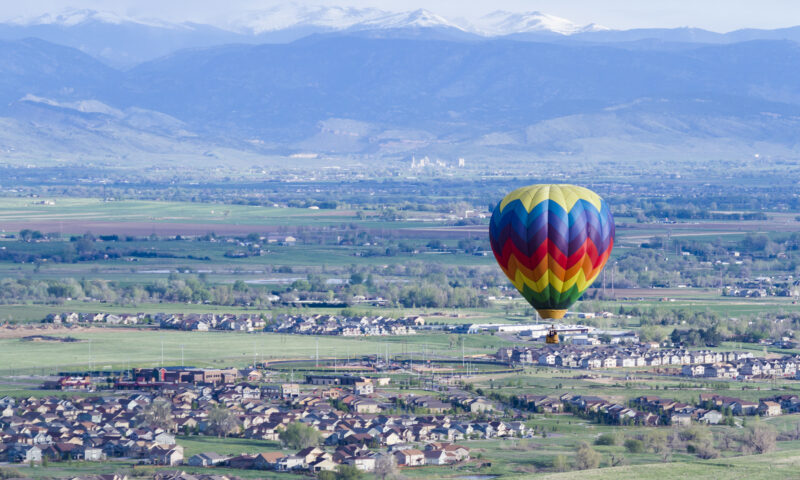

As a planned community near the Rockies rises, so do concerns over a fracking operation that would stretch under the homes.
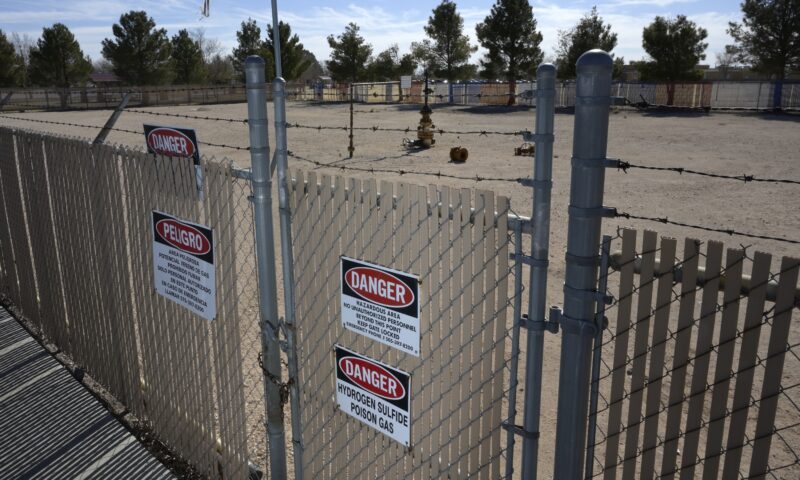
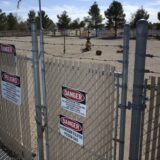
Study uncovers thousands of undocumented quakes, underscoring the link between injection sites and seismic activity.
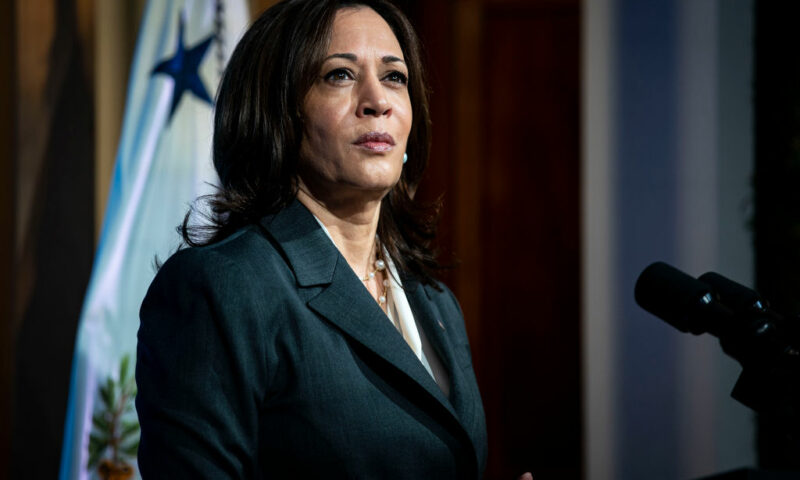

The candidate has kept her climate policy vague so far, but her record as a prosecutor gives climate activists hope.


A $5 million prime-time ad campaign is aimed at climate policies the industry claims make life miserable for Californians.


Plans call for millions of tons of carbon dioxide to be piped across the state to the Central Valley and Sacramento delta for burial.
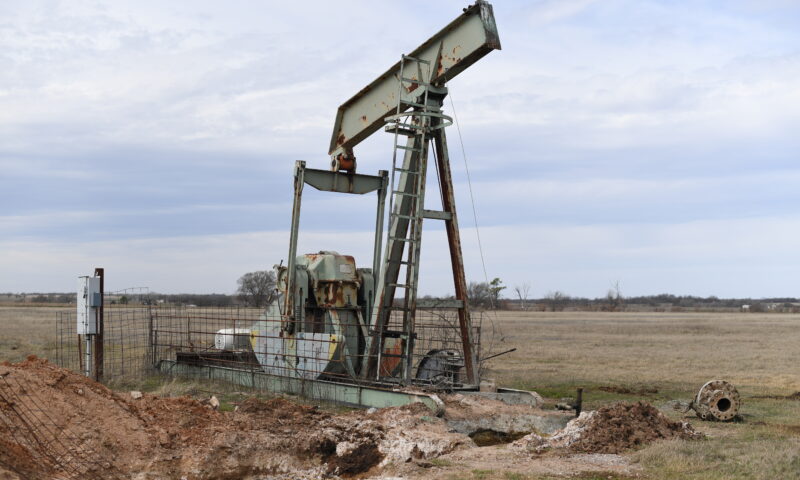
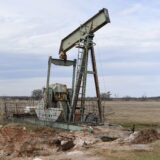
Oklahoma’s oil industry pays into a voluntary fund to clean up oil wells, but many drillers opt out. The money that has been refunded to these companies in recent years could have restored an estimated 1,500 orphan well sites.
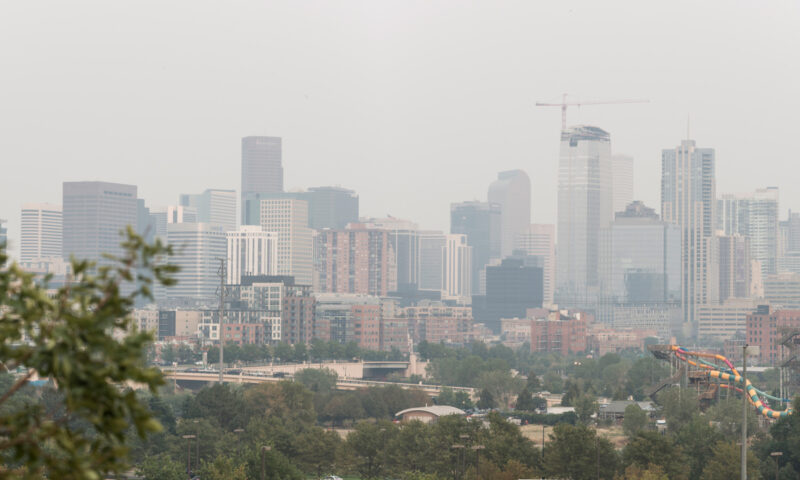

During Colorado’s ‘ozone season,’ children and adults alike stay indoors. Drilling wells near the suburbs could make it worse.
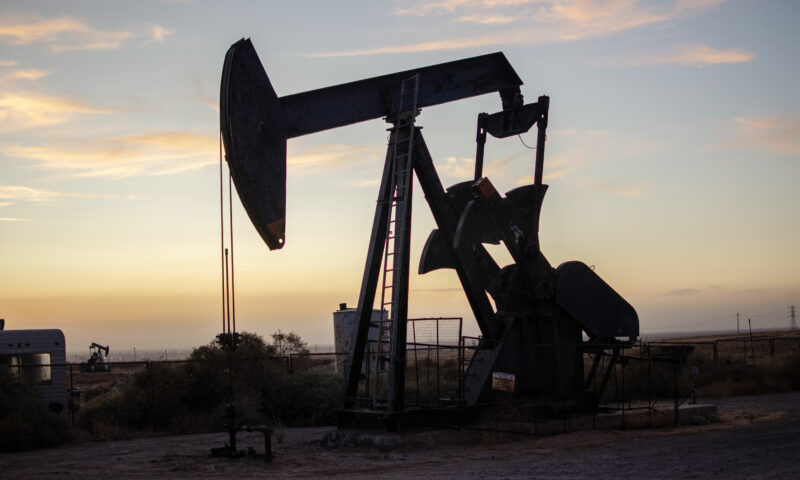

State regulators could have asked oil companies California Resources Corp. and Aera Energy for an estimated $2.4 billion to guarantee wells are plugged but decided they didn’t have the authority to do so.
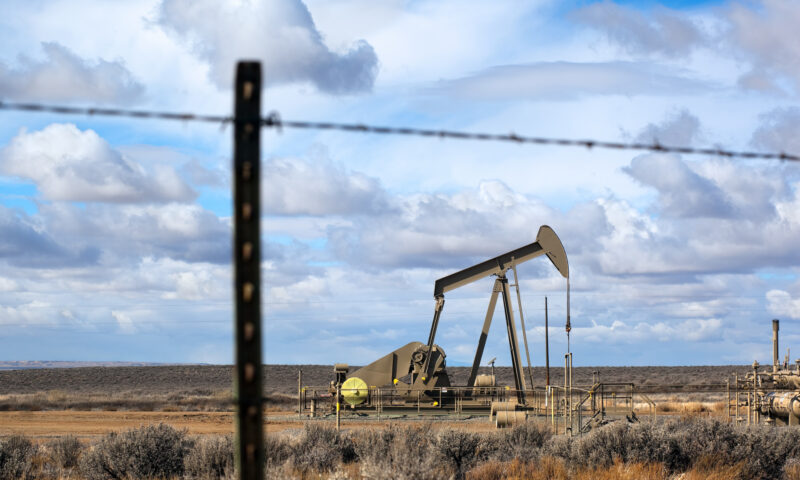

With the EPA hamstrung by the Supreme Court and shaky state funding, New Mexico could face a future with reduced protections.


A plan for drilling 156 oil and gas wells near a Superfund site has driven suburban residents to action.
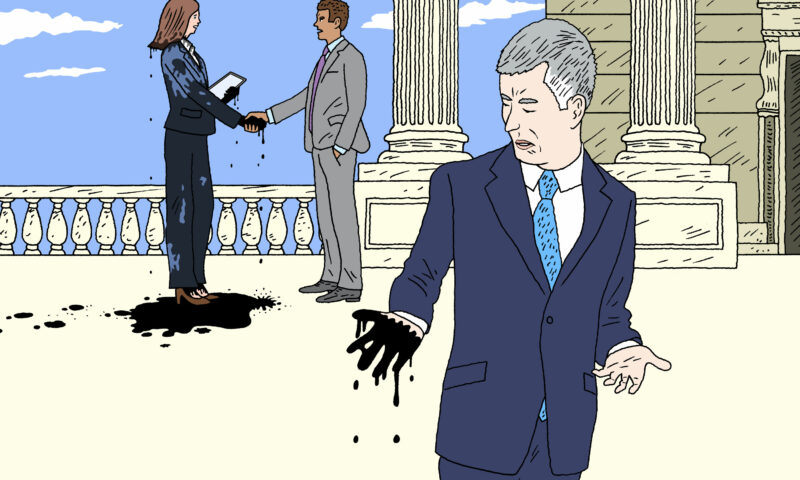

In New Mexico, oil companies agreed to work with regulators to find a solution to the state’s more than 70,000 unplugged wells. After months of negotiations, the industry turned against the bill it helped shape.
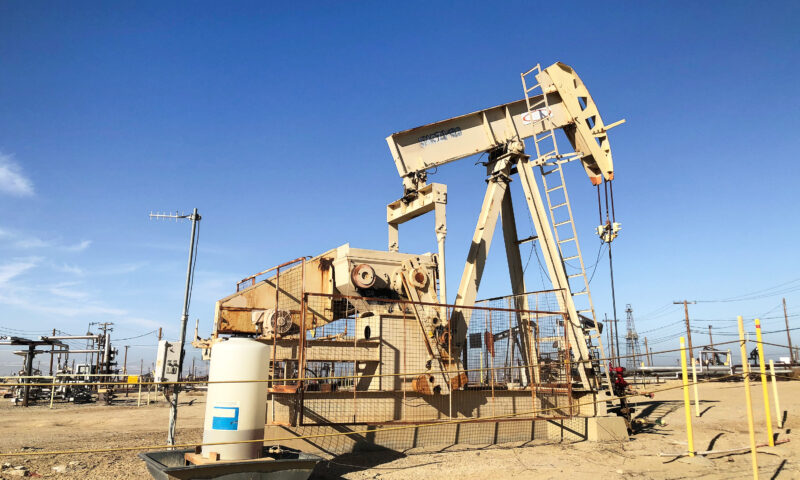

A new state law mandates that oil companies put up money to plug wells before acquiring them. It could fail its first big test, putting taxpayers on the hook.
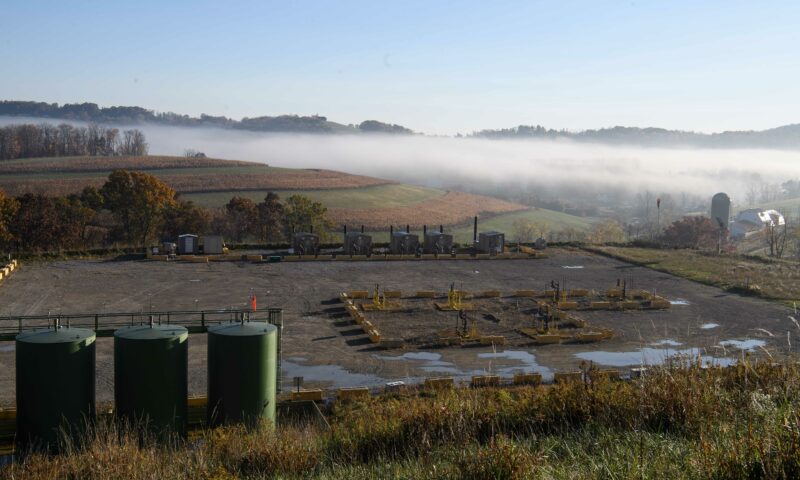
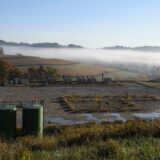
Environmentalists fear leaks, explosions, earthquakes and more from a carbon capture bill with bipartisan support.
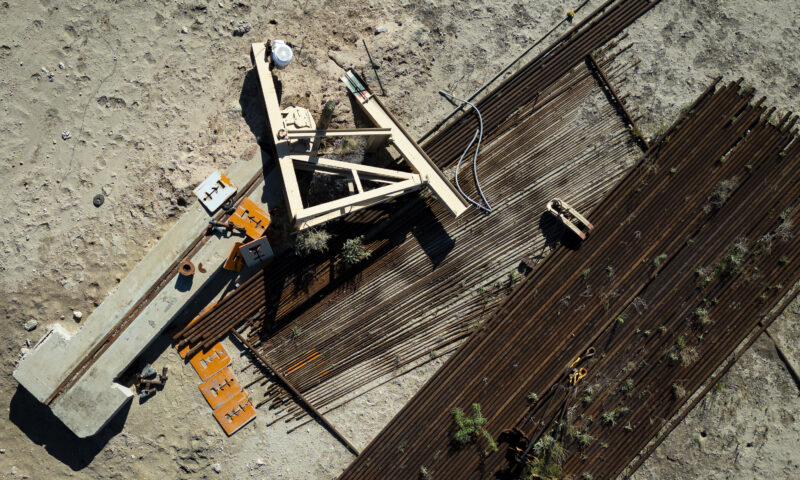

No state has punched more holes in its bedrock than the Lone Star State. The environmental risks are staggering, and so are the clean up costs
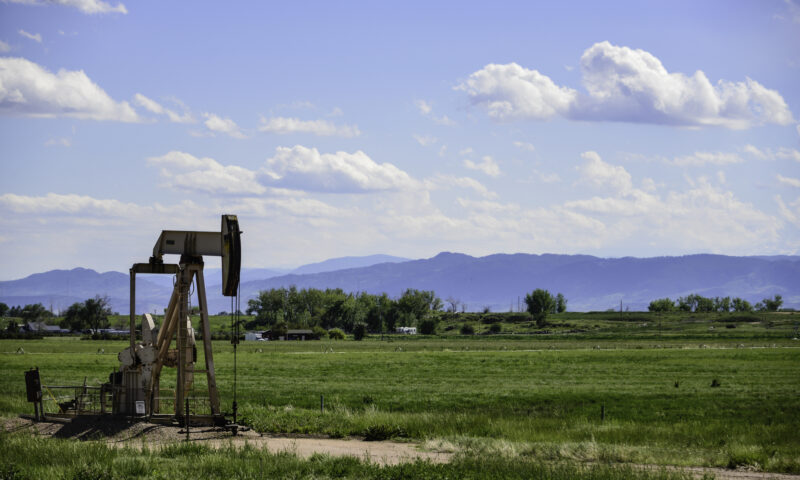

A campaign touting the oil and gas industry’s environmental progress says its energy-producing hydrocarbons are very clean, but not all of its claims can be verified.
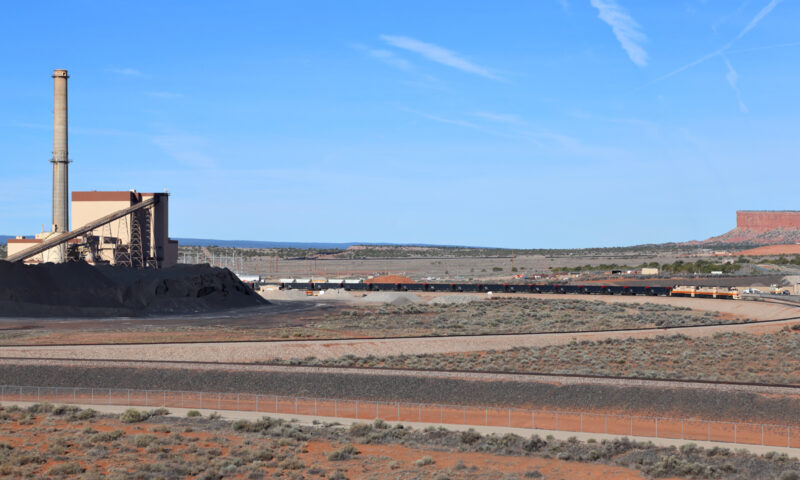
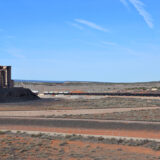
Production, distribution, power generation, carbon capture all in the works: Questions, concerns, confusion abound.
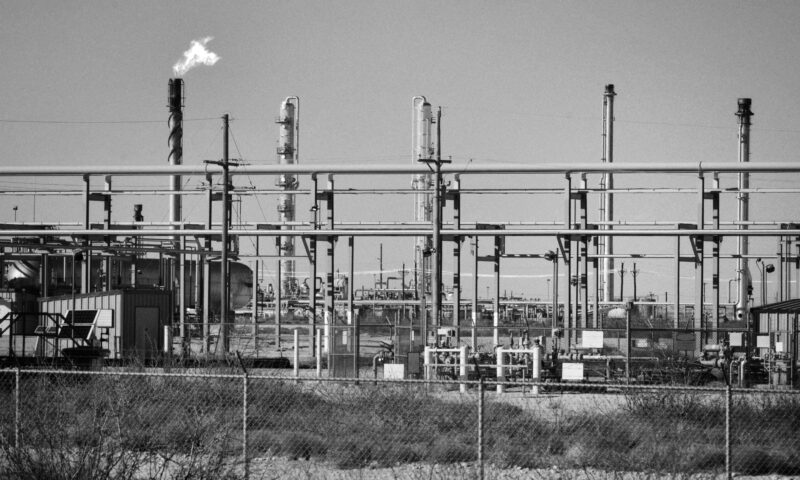
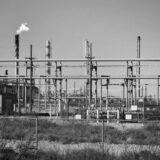
Despite efforts to rein in emissions, state is unlikely to meet greenhouse gas reduction goals, group says.


Georgia utilities are getting a discount on gas — but paying full price for renewables.
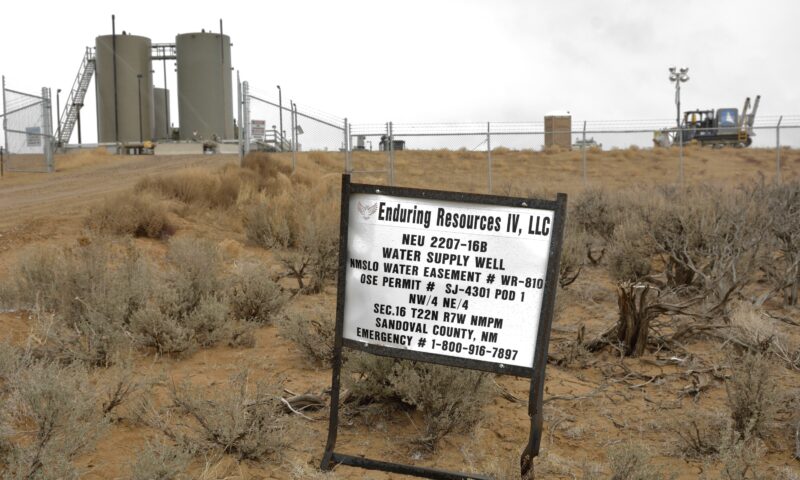
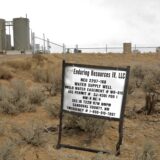
An oil and gas firm planned to convert a New Mexico water well into a disposal site for toxic wastewater. A familiar face stood in its way.
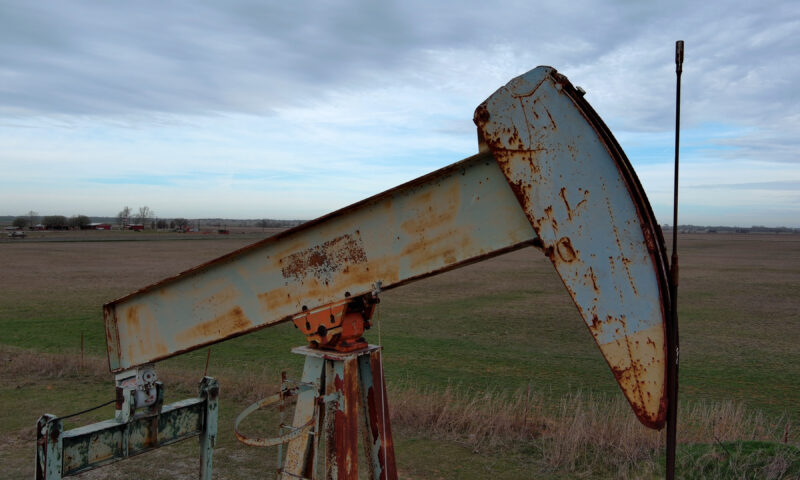

The oil and gas industry has reaped profits without ensuring there will be money to plug and clean up their wells.